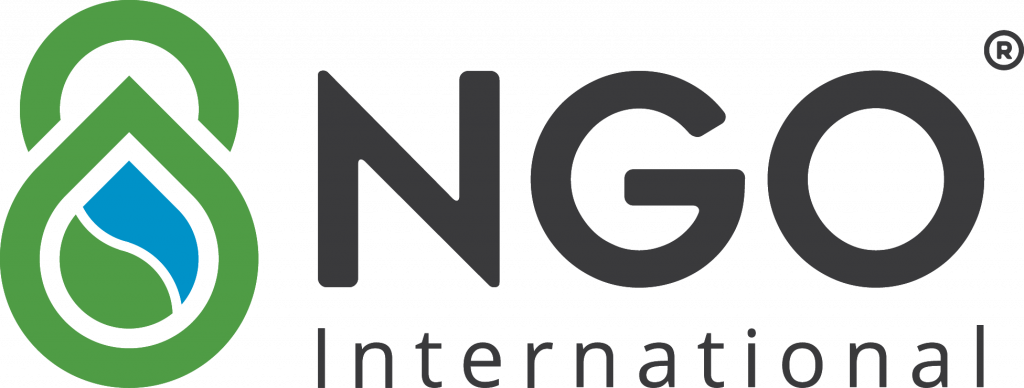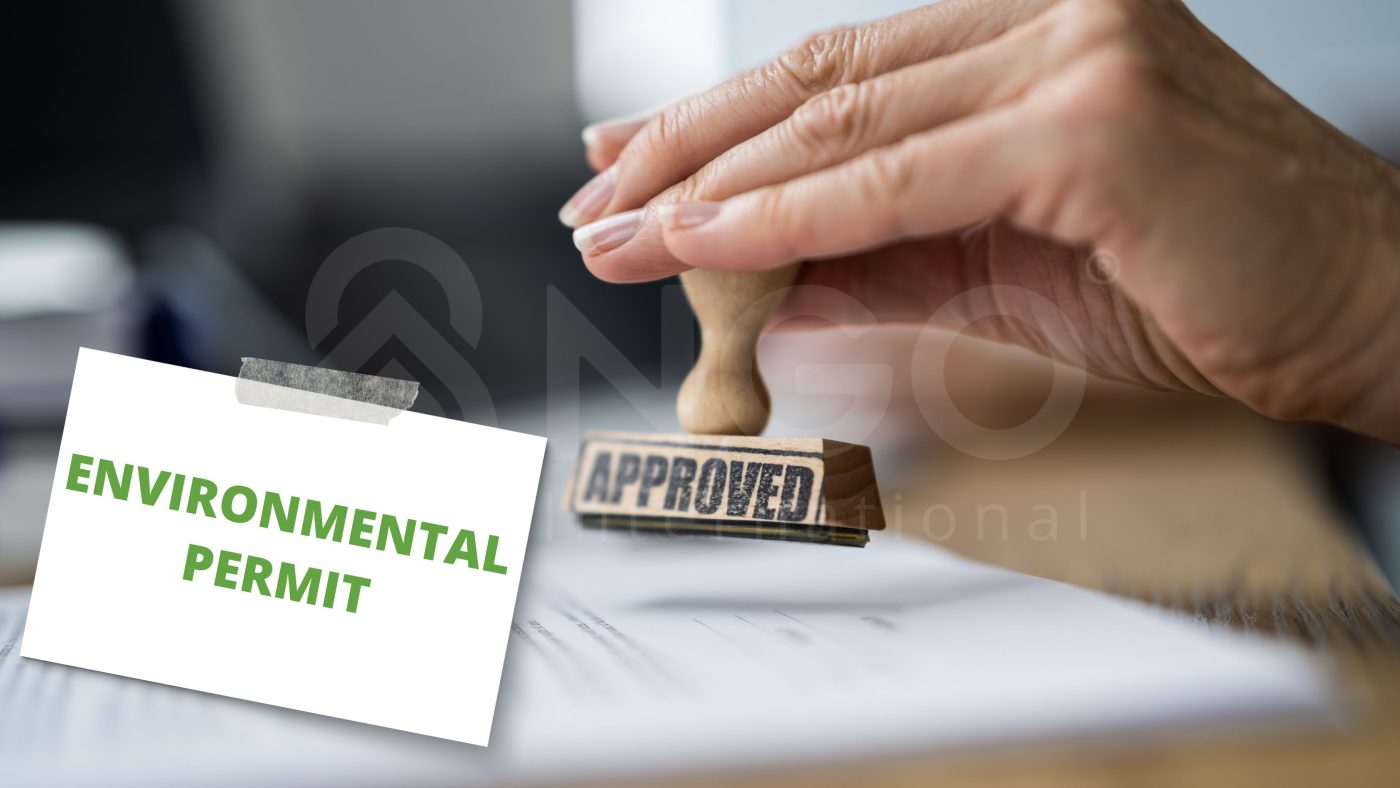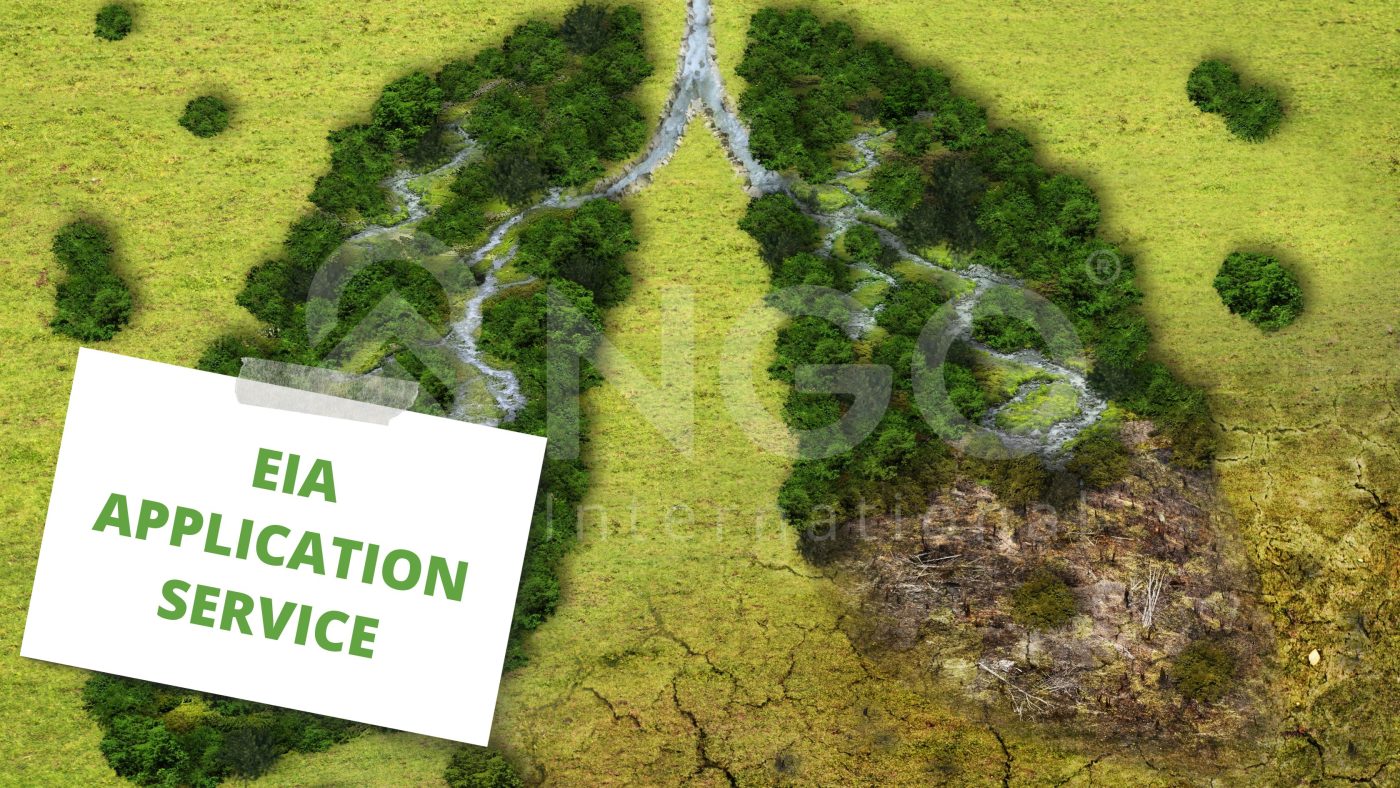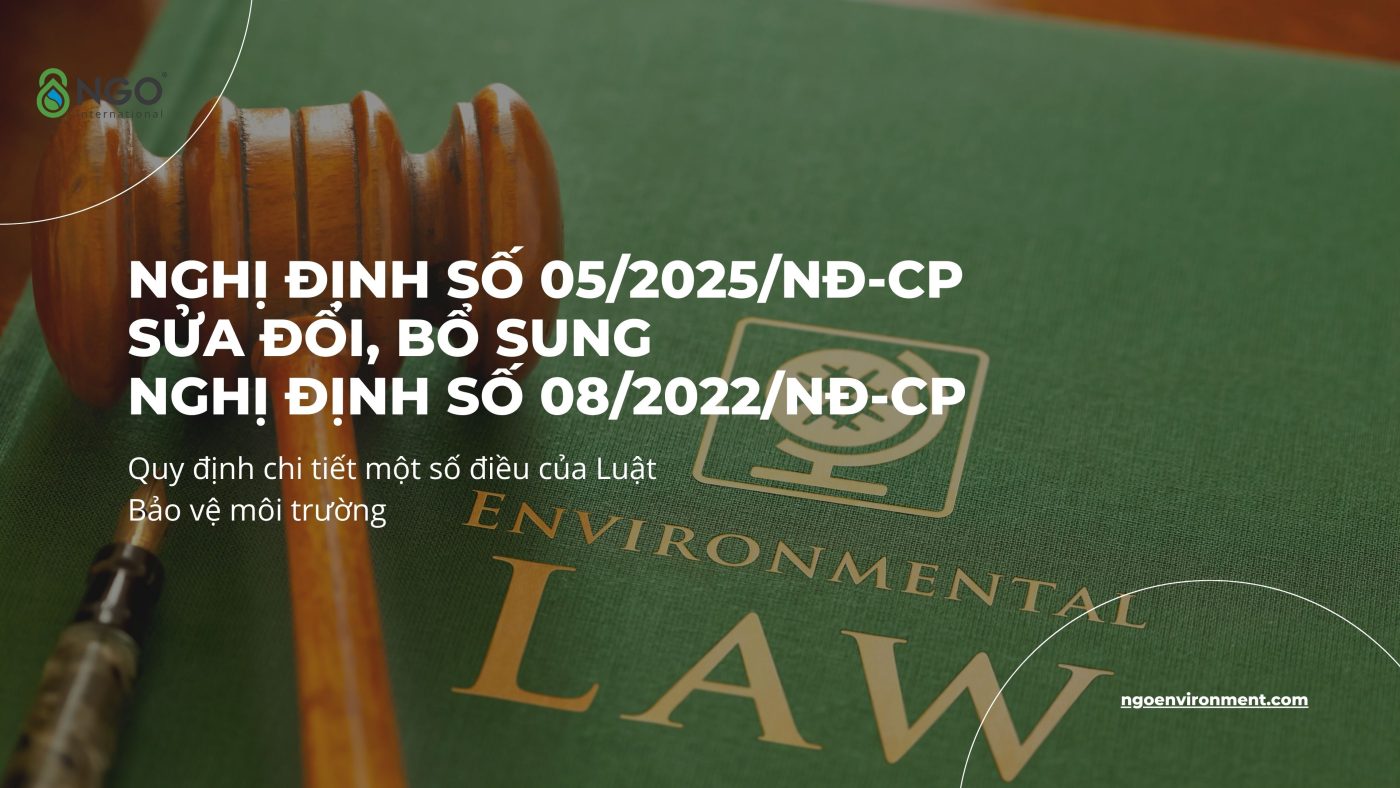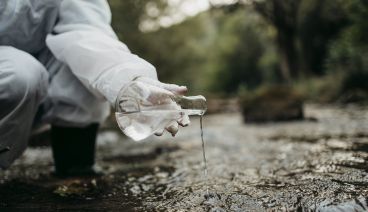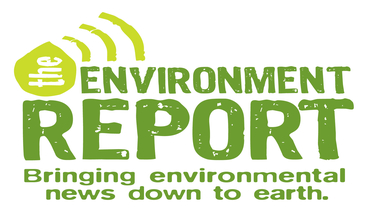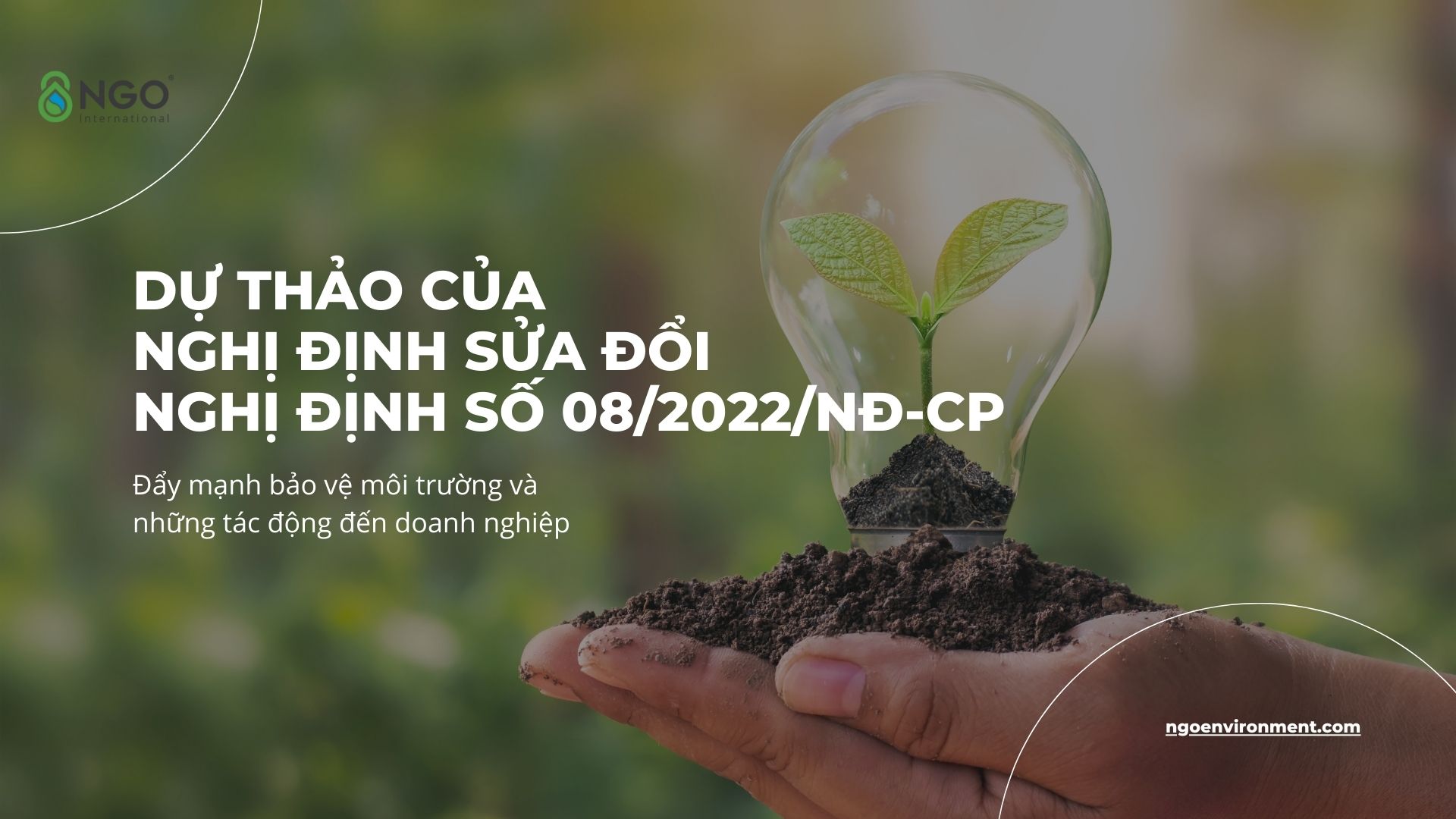
The Government’s issuance of the draft amendment to Decree No. 08/2022/ND-CP is an important step forward in reforming administrative procedures (AP), enhancing decentralization for localities in the field of environmental protection (EP), and creating more favorable conditions for the implementation of the new policies of the 2020 Environmental Protection Law.
I. Background and main contents of decree no. 08/2022/nd-cp
Decree No. 08/2022/ND-CP was issued to provide detailed regulations on certain provisions of the Environmental Protection Law, aiming to ensure the consistency of environmental legal regulations. In addition, the Ministry of Natural Resources and Environment (MONRE) has closely coordinated with relevant ministries, sectors, and localities to disseminate new regulations, address difficulties, and urge relevant entities to issue implementing guidelines.
However, during its implementation, some issues have arisen that need adjustments to better align with actual requirements and improve the effectiveness of state management in environmental protection. These amendments not only simplify AP but also create more favorable conditions for businesses and the public.
II. Main amendments
- Greater Decentralization to Localities
The amendment to Decree No. 08/2022/ND-CP will provide localities with more authority in managing and addressing environmental protection issues, especially in small and medium-sized projects. This will help reduce administrative procedures, create flexibility, and speed up the resolution of issues related to Environmental Impact Assessment (EIA) and Environmental Permit (EP). Instead of overly relying on central authorities, localities will have more decision-making power regarding permits and the management of environmental-related projects. - Regulations on Projects Converting Rice Paddies
Currently, under Decree No. 08/2022/ND-CP, projects that convert rice paddies used for more than two crops must undergo an EIA. However, this regulation may not be reasonable for small-scale projects. Therefore, the draft amendment is considering adding a “lower threshold” for conversion scale to reduce the scope of those required to follow this administrative procedure, making it easier for businesses and localities. - Raising the Scale for Water Resource Exploitation
At present, projects extracting groundwater of 10 m³/day or more or surface water of 100 m³/day or more must carry out an EIA. Some opinions have suggested raising this threshold to reduce the administrative burden on businesses. This is considered necessary to cut costs and time for small-scale water resource exploitation projects while still ensuring environmental protection. - Adjusting Regulations for Industrial Livestock Projects
Currently, livestock projects with 1,000 or more animals require an EIA under the jurisdiction of the Ministry of Natural Resources and Environment. However, the number of such projects is quite large and sometimes leads to overload at the central level. Therefore, the draft amendment proposes raising the threshold to grant more decentralization to local authorities for handling related administrative procedures. - Regulations for Electronics Component Production Projects
Decree No. 08/2022/ND-CP clearly stipulates that electronics component manufacturing projects with production capacities of 1 million devices/year or 1,000 tons of products/year must perform an EIA at the central level. However, due to the nature of this industry—mostly investing in industrial parks with centralized wastewater treatment systems—the amendment will focus on reducing administrative procedures related to this type of project to lower costs and time for businesses. - Issuance of Environmental Permits (EP)
One of the highlights of the amended decree is simplifying administrative procedures related to EP issuance. Currently, all projects generating wastewater, emissions, or hazardous waste must apply for an EP. The draft amendment may introduce clearer regulations about which projects require an EP, preventing unnecessary demands for small-scale projects and administrative agencies. - Adjusting Regulations on Community Consultation in EIA
Currently, community consultation is required when preparing EIA reports, but there are no specific guidelines on the number of people to be consulted. This sometimes leads to incomplete consultation and insufficient representation of the impacted community. The draft amendment will provide more specific regulations on the quantity and timeline for consultations, ensuring transparency and effectiveness in the process. - Adjusting Regulations on Expansion Projects
Currently, the definition of “expansion, capacity increase” in Decree No. 08/2022/ND-CP is unclear, causing difficulties in implementation. The amended decree will offer more specific guidance to avoid misunderstandings or inconsistent applications across management levels. - Regulations on Protecting Natural Heritage Sites
The draft amendment also adds and improves regulations on environmental protection for natural heritage sites, a new policy under the Environmental Protection Law. This creates a more robust legal framework to protect heritage areas from the negative impacts of surrounding production and business activities.
III. Services of NGO International Co., Ltd.
With the changes brought about by the amendment to the decree, businesses will need to adapt to the new environmental regulations. NGO International Co., Ltd. provides comprehensive environmental solutions for businesses, including:
- Environmental Impact Assessment (EIA) Consulting: Assisting businesses in carrying out EIAs in compliance with legal regulations.
- Environmental Permit (EP) Consulting: Ensuring businesses complete necessary procedures for obtaining EPs, helping avoid violations of regulations.
- Wastewater and Water Resource Management Solutions: Providing advanced systems and solutions for sustainable wastewater treatment and water resource exploitation.
- Environmental Registration Services: Assisting businesses with environmental registration procedures for new projects or adjustments to existing ones.

 Tiếng Việt
Tiếng Việt